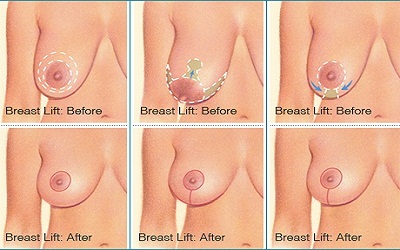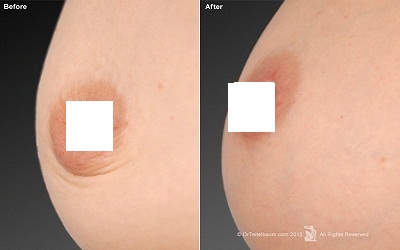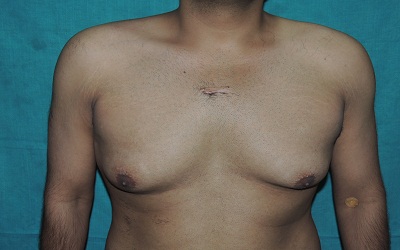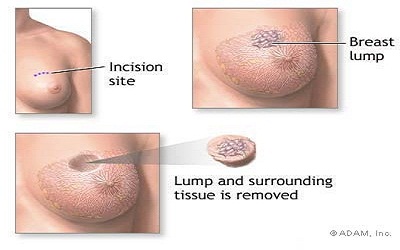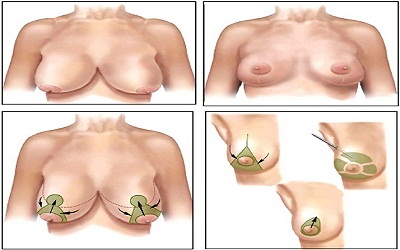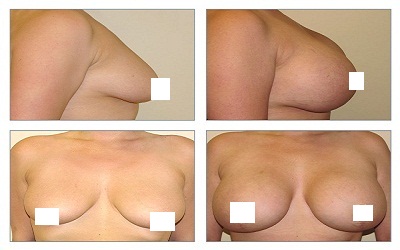Breast Surgeon in Kolkata
Breast Surgeon in Kolkata perform following surgery to manage shape and size of your Breast
Breast Surgery in Kolkata
Breast surgery in Kolkata by one of the best plastic surgeon is absolutely painless and can increase and reduce size of breast according to woman’s individual needs.
Breast Surgery types include Breast reduction surgery, augmentation , breast enlargement surgery . Cosmetic breast surgery alter the size and change the shape of the breast . The appearance, contour and volume of can be recreated with implants or with woman’s own tissue.
Breast Surgery Cost in India
Our aim is to provide best pre operation and post operation medical care for breast plastic surgery at most affordable cost. Our top cosmetic surgeons in India helps us advise about:
- Best procedure for your breast surgery .
- Most affordable breast surgery cost in India .
An individually allocated manager will design a tailor made treatment plan for every patient and will provide with a specific time and cost for the treatments.
Breast surgery or boobs job is the most common cosmetic breast surgery. This surgery is very rewarding as it gives more perfect shape and that improves a woman confidence levels.
Breast Surgeon in Kolkata
Breast Augmentation : Most popular and frequently performed by Breast Surgeon in Kolkata, breast augmentation has a successful track record in satisfying women who wish to restore their figures.
Breast Reduction : Commonly requested, predictable procedure has the benefits of improving your confident while relieving the physical and emotional burden of overly large breast.
Here’s an overview of the typical steps involved in the procedure:
- Initial Consultation: Before undergoing breast augmentation, you’ll have a consultation with a board-certified plastic surgeon. During this consultation, you’ll discuss your goals, expectations, medical history, and any concerns you may have about the procedure. Your surgeon will evaluate your breast anatomy, skin elasticity, and overall health to determine if you’re a suitable candidate for breast augmentation.
- Preparation: Before the surgery, your surgeon will provide you with specific instructions to follow, such as avoiding certain medications and foods, and quitting smoking if you’re a smoker. You may also undergo pre-operative tests, such as blood tests and a mammogram, to ensure you’re healthy for surgery.
- Anesthesia: Breast augmentation is typically performed under general anesthesia, which means you’ll be asleep and pain-free during the procedure. In some cases, local anesthesia with sedation may be used instead.
- Incision: Your surgeon will make an incision in one of several possible locations, depending on factors such as your anatomy, implant type, and personal preference. Common incision locations include:
- Inframammary: In the crease under the breast
- Periareolar: Around the edge of the areola
- Transaxillary: In the armpit
- Transumbilical: In the navel (less common)
- Implant Placement: Once the incision is made, your surgeon will create a pocket either behind the breast tissue (submammary) or underneath the chest muscle (submuscular). The choice of implant placement depends on factors such as your anatomy, the type of implants used, and your surgeon’s recommendation.
- Insertion of Implants: The breast implants, which may be filled with saline or silicone gel, are carefully inserted into the breast pocket through the incision. Your surgeon will ensure proper positioning and symmetry before closing the incisions.
- Closing Incisions: The incisions are closed with sutures or surgical adhesive, and sterile dressings or bandages are applied to protect the surgical site.
- Recovery: After the surgery, you’ll be monitored in a recovery area until you’re fully awake from anesthesia. You may experience temporary discomfort, swelling, bruising, and tightness in the chest area, which can be managed with pain medication and wearing a supportive surgical bra.
- Follow-up: You’ll need to attend follow-up appointments with your surgeon to monitor your healing progress and address any concerns or complications. Your surgeon will provide you with instructions on post-operative care, including activity restrictions, scar management, and when you can resume normal activities.
